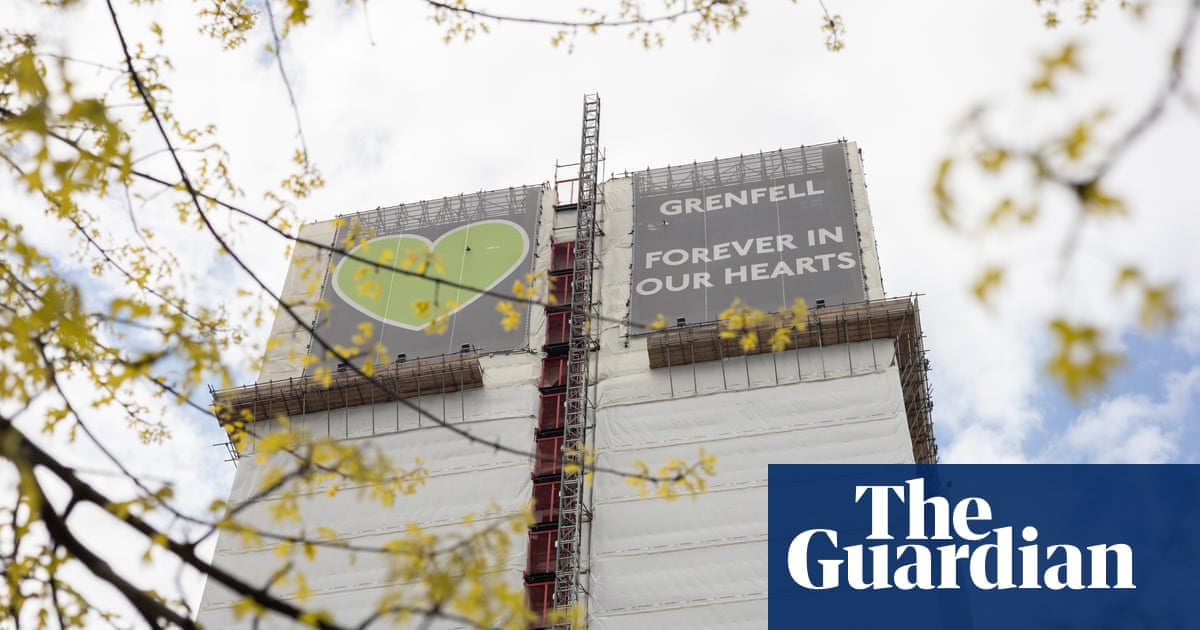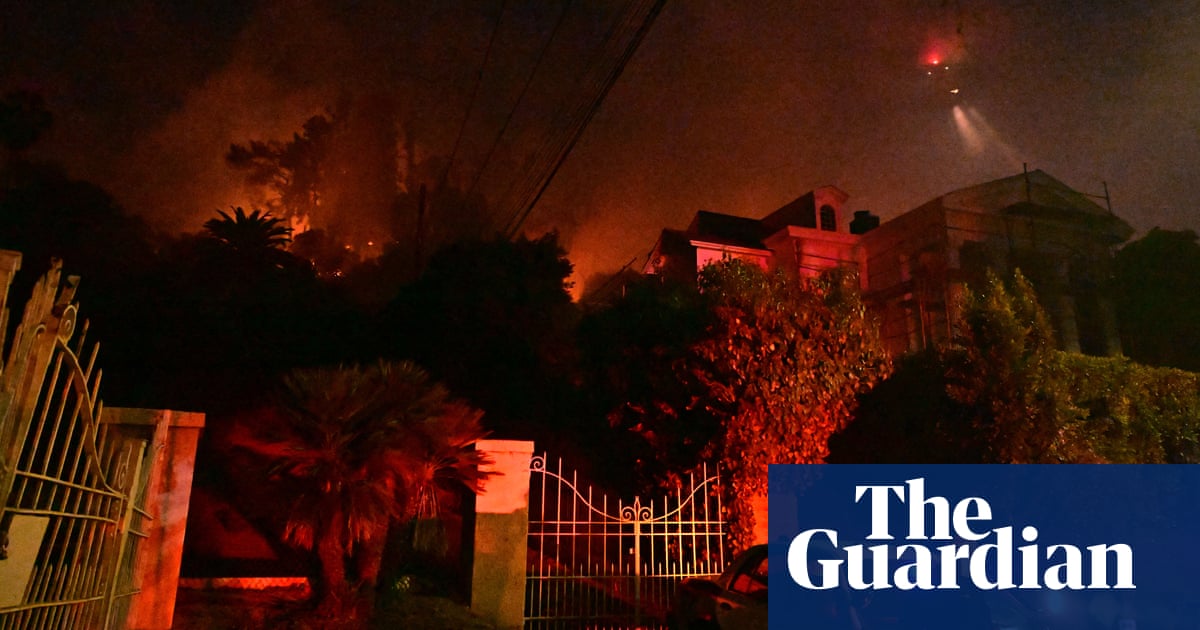The government “needs to seriously look” at the effects of toxic smoke inhalation on firefighters who served at the Grenfell Tower fire, a minister has said.
The comments from Andrew Gwynne, the health minister, came after the Guardian disclosed that more than a quarter of firefighters who battled against the fire eight years ago have long-term health disorders.
A report published on Friday in the Journal of Occupational and Environmental Medicine, titled Grenfell Tower Fire: Toxic Effluents and Assessment of Firefighters’ Health Impacts, examined the health over three years of 524 of the 628 firefighters who attended the first day of the blaze.
Over the first three years, 136 reported lifechanging conditions. These included 11 cases of cancer, 64 respiratory diseases, 22 neurological disorders and 66 digestive illnesses.
Asked on LBC about the Fire Brigades Union’s call for regular health checks for about 600 firefighters who served on or near Grenfell Tower in June 2017, Gwynne said he would speak to the fire minister in the home office, Diana Johnson.
He said: “Certainly that’s something that I’m more than happy to take away and look at seriously because we recognise that people who go above and beyond putting their own lives at risk in situations like Grenfell Tower may well end up with health issues as a consequence of their own work.
“I’m more than happy to speak to the fire minister in government as well to see how we can try and resolve that.”
The fire at the 24-storey tower block in west London on 14 June 2017 was the worst in a UK residential building since the second world war. Seventy people died at the scene and two people died later in hospital. More than 70 were injured.
Combustible cladding spread the fire from the exterior to most of the flats and produced large quantities of toxic gases.
Prof Anna Stec, a world-leading expert in toxicity who co-authored the report, found that most of the firefighters disclosing health disorders had not worn respiratory protection at all times because of urgency at the disaster.
Up until 2020, the rate of digestive and respiratory disease among the firefighters who were exposed to smoke during the fire was three times higher than among those who were not, the report found.
Establishing a Grenfell firefighters’ health-screening programme similar to one established for those who served in the aftermath of the 9/11 atrocities in New York could cut the number of premature deaths, the report said.
Former Grenfell residents have demanded health tests for those who survived the fire. A statement from Grenfell United, which represents survivors and bereaved families, said they were devastated by the study because the authorities have failed to respond to their health concerns.
after newsletter promotion
“Following a number of studies into firefighters’ health over the years, we and many others have continued to question the inadequate health monitoring of the survivors including children who were in the building for a sustained period and inhaled the toxic smoke.
“With this inaction over the last eight years we have lost time, lost data and are no closer to finding out if we will lose more lives as a result of what happened on June 14th 2017.”
In response to the latest research, a spokesperson for the London fire brigade said: “We welcome insights that can lead to better protection for firefighters. We supported the involvement of members of London fire brigade in this research and we will continue to work closely on this with the FBU.
“We will now study the report in detail and consider what contribution it might make to the existing body of work on firefighting and health impacts, as well as any actions we might take as a result.”
A Home Office spokesperson said the research was ‘“concerning”. They added: “Fire and rescue authorities, as the employers, must take seriously their responsibility for the health and wellbeing of firefighters and take appropriate action to protect their workforce.”
Article by:Source Rajeev Syal Home affairs editor



















